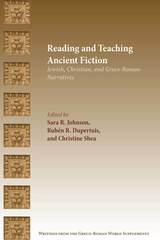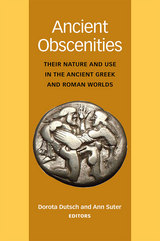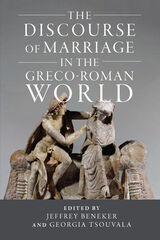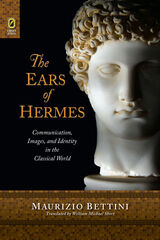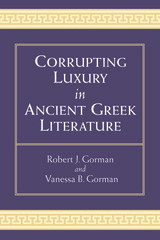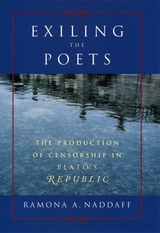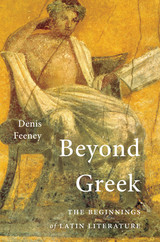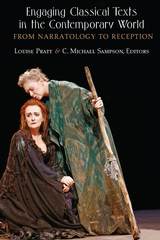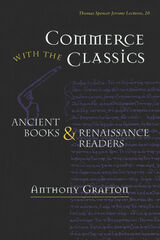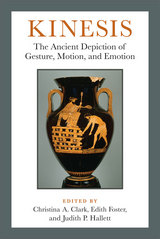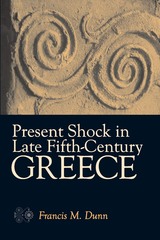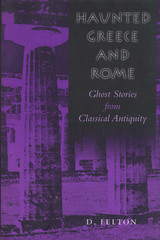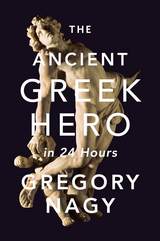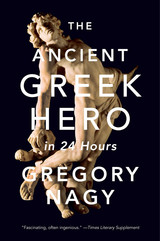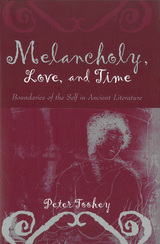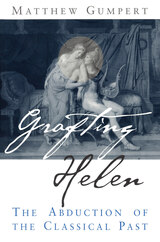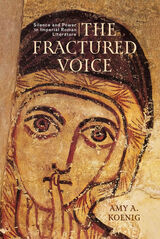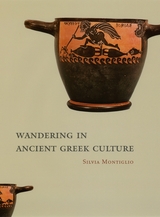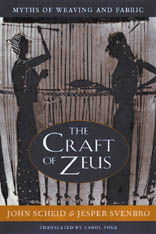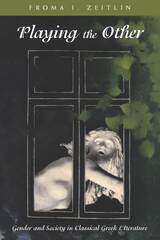Concordia Discors: Eros and Dialogue in Classical Athenian Literature
Harvard University Press, 2007
Paper: 978-0-674-02598-1
Library of Congress Classification PA3014.H37S36 2007
Dewey Decimal Classification 880.9
Paper: 978-0-674-02598-1
Library of Congress Classification PA3014.H37S36 2007
Dewey Decimal Classification 880.9
ABOUT THIS BOOK | TOC
ABOUT THIS BOOK
Writing to a friend, Horace describes the man as fascinated by "the discordant harmony of the cosmos, its purpose and power." Andrew Scholtz takes this notion of "discordant harmony" and argues for it as an aesthetic principle where classical Athenian literature addresses politics in the idiom of sexual desire. His approach is an untried one for this kind of topic. Drawing on theorists of the sociality of language, Scholtz shows how eros, consuming, destabilizing desire, became a vehicle for exploring and exploiting dissonance within the songs Athenians sang about themselves. Thus he shows how societal tension and instability could register as an ideologically charged polyphony in works like the Periclean Funeral Oration, Aristophanes' Knights, and Xenophon's Symposium.
See other books on: Ancient & Classical | Dialogue | Eros | Greek literature | Sex in literature
See other titles from Harvard University Press


